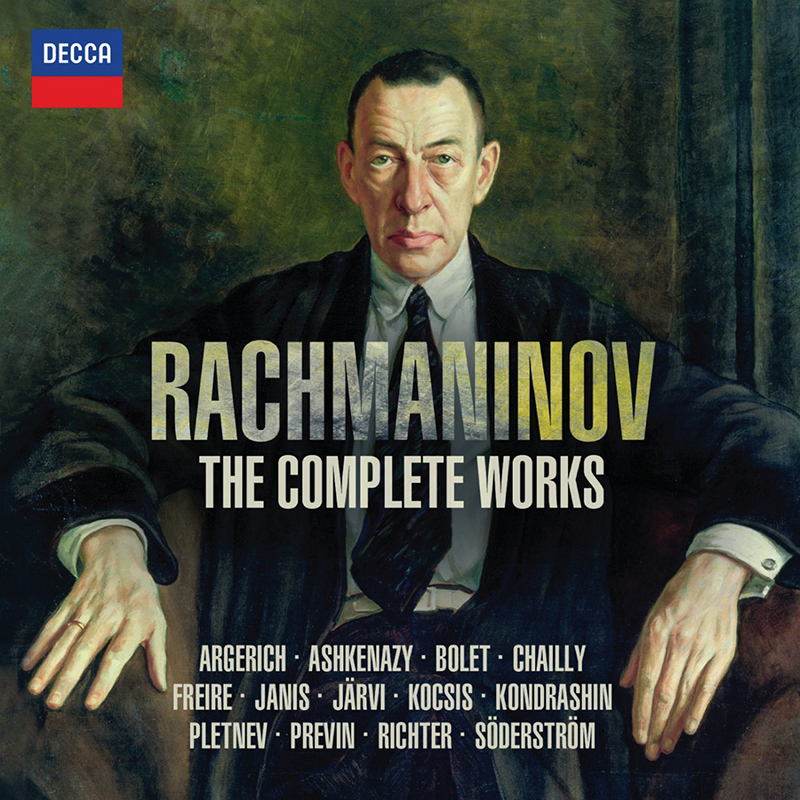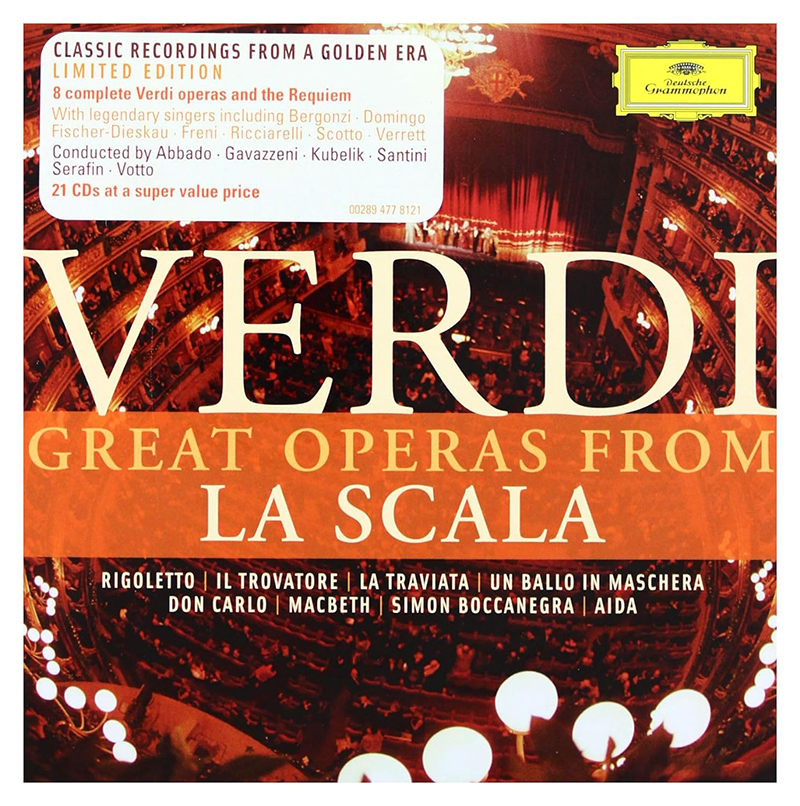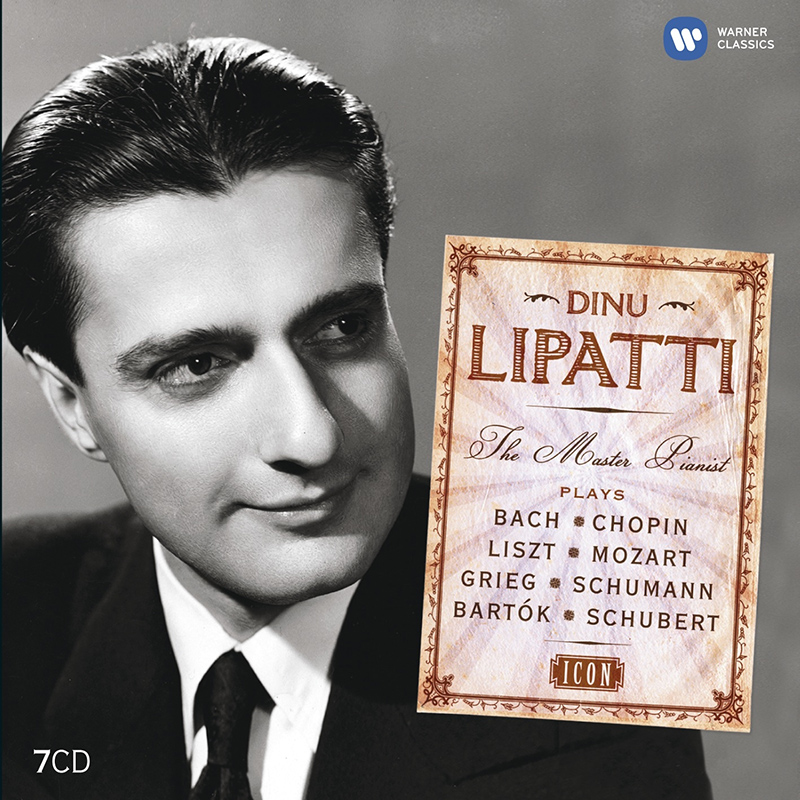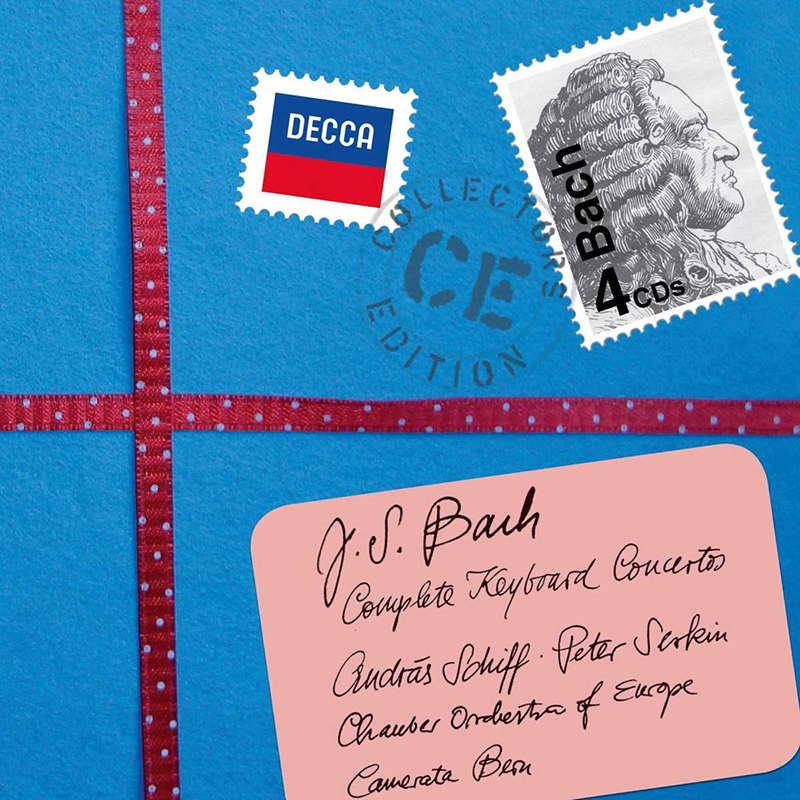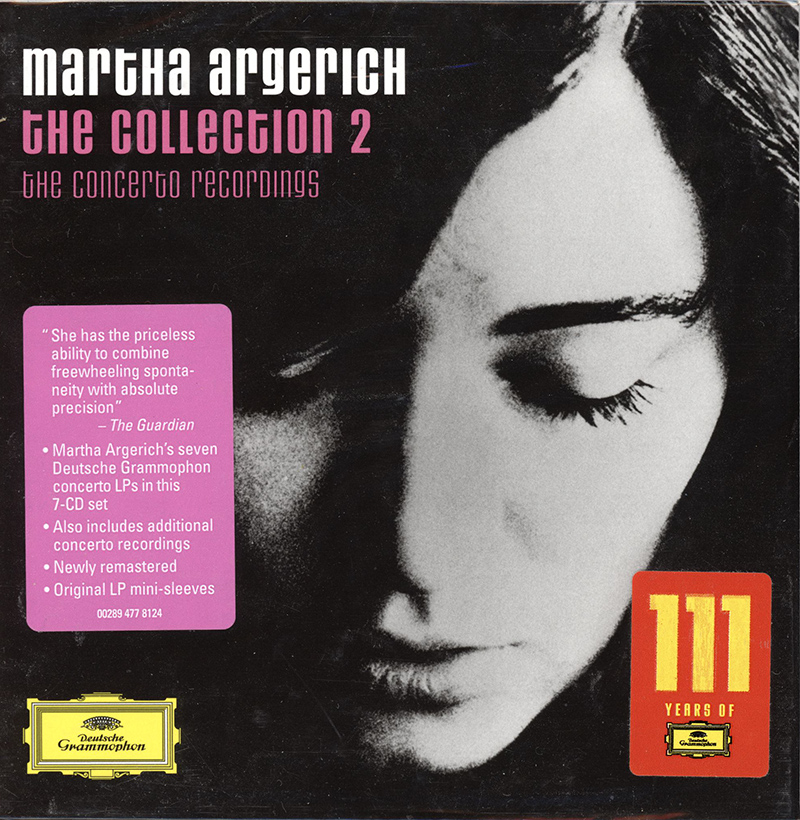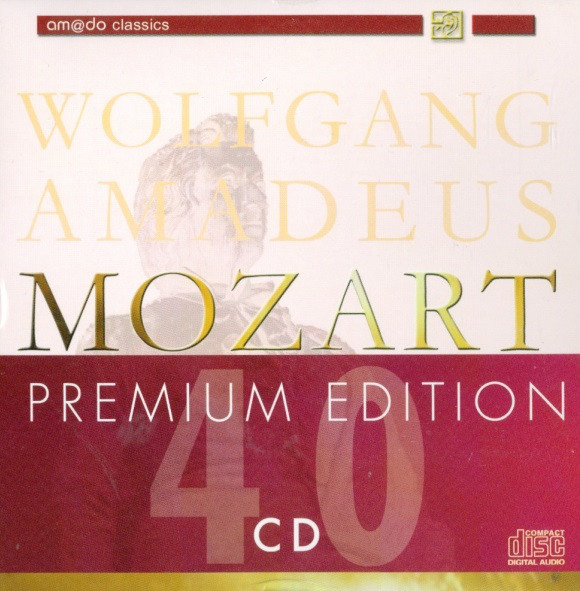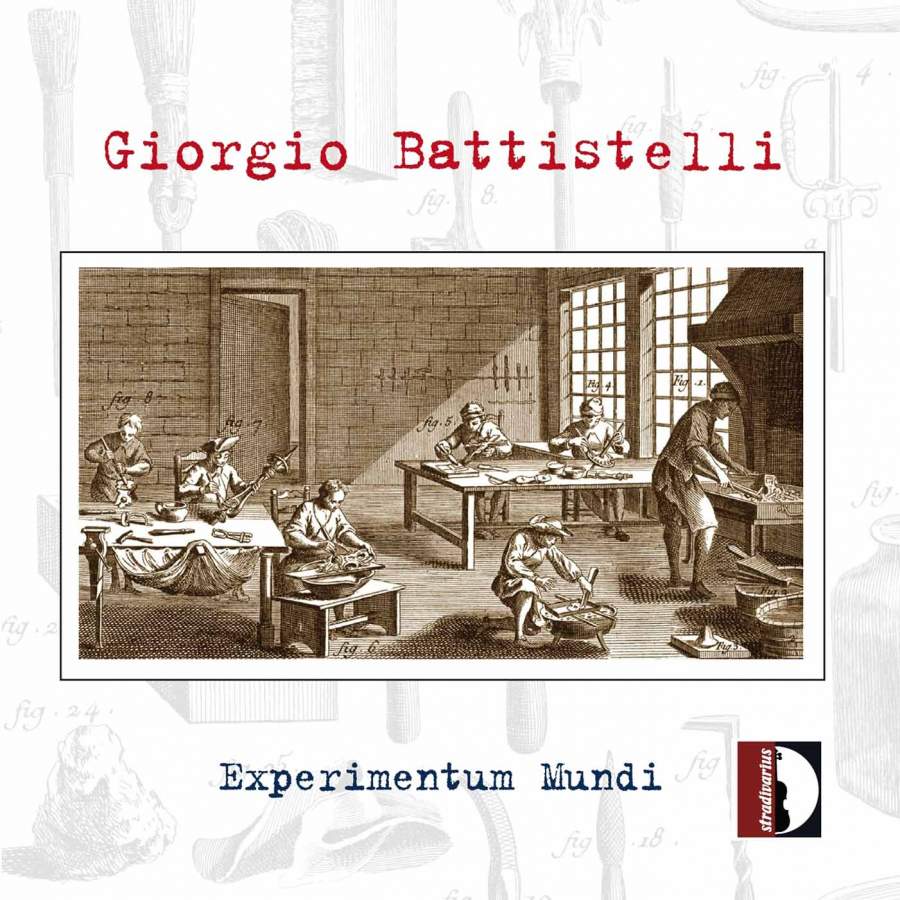Logowanie
KOLEKCJE!
BACH, CHOPIN, LISZT, MOZART, GRIEG, Dinu Lipatti, Otto Ackermann, Ernest Ansermet
The Master Pianist
PROKOFIEV, CHOPIN, TCHAIKOVSKY, SCHUMANN, BEETHOVEN, Martha Argerich, Claudio Abbado, Giuseppe Sinopoli
The Concerto Recordings
The Collection 2
Jakość LABORATORYJNA!
ORFF, Gundula Janowitz, Gerhard Stolze, Dietrich-Fischer Dieskau, Deutsche Oper Berlin, Eugen Jochum
Carmina Burana
ESOTERIC - NUMER JEDEN W ŚWIECIE AUDIOFILII I MELOMANÓW - SACD HYBR
Winylowy niezbędnik
ClearAudio
Essence MC
kumulacja zoptymalizowana: najlepsze z najważniejszych i najważniejsze z najlepszych cech przetworników Clearaudio
Direct-To-Disc
PIAZZOLLA, ChamberJam Europe
Tangos del Ángel y del Diablo
Direct-to-Disc ( D2D ) - Numbered Limited Edition
BATTISTELLI, Elvira Tamburini, Nicola Raffone
Experimentum Mundi
- 1. Experimentum mundi I (Opera di musica immaginistica) 7:01 Experimentum mundi I (Opera di musica immaginistica)
- 2. Experimentum mundi II (Opera di musica immaginistica) 3:23 Experimentum mundi II (Opera di musica immaginistica)
- 3. Experimentum mundi III (Opera di musica immaginistica) 11:25
- 4. Experimentum mundi IV (Opera di musica immaginistica) 7:38 Experimentum mundi IV (Opera di musica immaginistica)
- 5. Experimentum mundi V (Opera di musica immaginistica) 10:04
- 6. Experimentum mundi VI (Opera di musica immaginistica) 9:19 Experimentum mundi VI (Opera di musica immaginistica)
- 7. Experimentum mundi VII (Opera di musica immaginistica) 4:54
- Elvira Tamburini - vocal
- Nicola Raffone - percussion
- BATTISTELLI
Battistelli: Experimentum Mundi 53:44 Giorgio Battistelli Elvira Tamburri (voice), Paola Calcagni (voice), Nicola Raffone (percussion), Annarita Severini (voice), Ida Sannibale (voice) Experimentum Mundi may well be the most significant composition to emerge from contemporary music during the last few decades. All forms of creativity had constantly made attempts to break down barriers between art and life but with no success until the arrival of the hour-long Experimentum Mundi. Now music has finally done what no other creative discipline ever managed - at a stroke Giorgio Battistelli has taken everything to which the art of his time aspired and turned those dreams into reality. Sixteen ordinary, everyday tools which have been used through the ages all over the world are lined up on the concert hall stage as the audience make their way into the auditorium and take their seats. When the hall is full, sixteen workmen in overalls and aprons come on stage and get down to work, accompanied by an actor in an evening suit. Standing to one side, the actor then begins reading aloud in French an extract from the famous Encyclopaedia by seventeenth century Enlightenment writers from Switzerland and France describing in turn the tools and the work being done on stage. Experimentum Mundi actually starts with the faint sound of an eggshell being cracked open, then come the various noises made by the cobbler, the grinder, the carpenter, the smith and so on blending into a symphony of sound with crescendos, accelerandos, fortissimos, pianissimos. To see all of this on stage is an unforgettable experience, yet even simply reproducing the work on such a recording as the present one with its powerful evocation of both space and movement takes the listener off on an imaginary journey to a world where the simple and the complex coexist in the eternal round of human creativity and basic hard work. And the variations in tone, rhythm and harmony produced by these ordinary, everyday tools make this composition truly as unique as it is memorable. Performed by real workmen - and it could not be otherwise - Experimentum Mundi is now over twenty years old and has been experienced by audiences in concert settings all over the world. That it is one of the great works of our or any time is born out by the unqualified, unparalleled success which it has so deservingly enjoyed.
